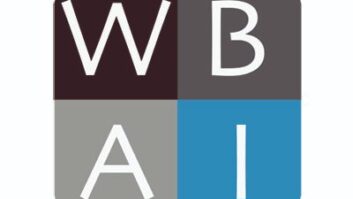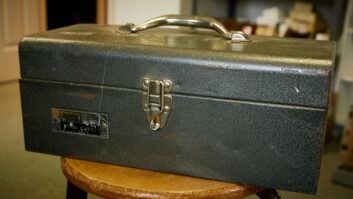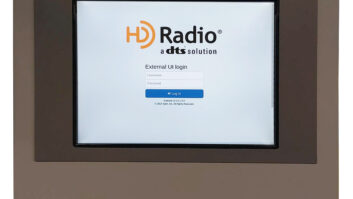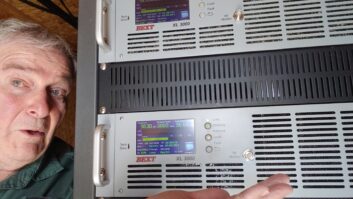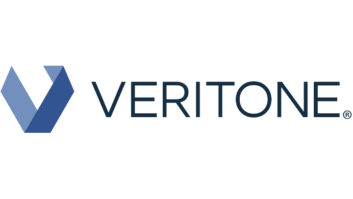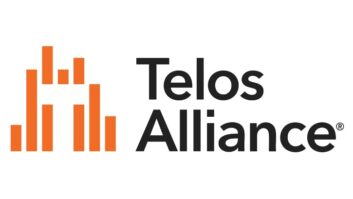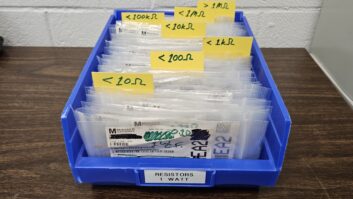Who will buy?
Apr 1, 2002 12:00 PM, Chriss Scherer, editor
As IBOC gets closer to being a reality, radio stations are starting to see the light ahead. This light is not just the promise of an improved service, but also the realization that nothing in life is free.
Ibiquity, from the start, has been a technology developer with a goal of licensing its technology when it is used. Developing the technology to transmit digital radio is no small feat, and it has already taken 10 years to get us to where we are now. During this time, Ibiquity and it predecessors, USA Digital Radio and Lucent Digital Radio, were working on the entire system. It was not simply writing some code and passing it on for others to figure out the implementation and use. Ibiquity has been acting as a research and development arm for transmitter manufacturers and receiver manufacturers. In this capacity, there are costs to be covered. Ibiquity has decided that everyone involved will share these costs.
This is not appealing to any one segment. Broadcasters would rather have the transmitter and receiver manufacturers pay for it. As it is, transmitter manufacturers are paying a licensing fee, which will be passed through to the broadcaster anyway, so it doesn’t really matter where the fee is assessed. Radio stations will pay no matter what. Ibiquity has kept the amount of manufacturer’s fees under wraps. Some of the cost is for the development of the technology. There is also an ongoing cost for each unit manufactured.
In previous issues, BE Radio reported that stations can expect to pay for new hardware starting at about $30,000. For some stations, it will cost significantly more. In addition, licensing fees will added. The question is, �how much will it cost?�
The licensing fee is based on the current FCC regulatory fees. These FCC fees are based on the type of service (AM or FM) and the population that a stations serves. The fees range from $250 to $4,550. Ibiquity wants to charge you 15 times the FCC fee for a one-time licensing payment � a license payment range of $3,750 to $68,250.
If a lump sum payment is not possible, Ibiquity is also offering a 10-year payment plan, which is evaluated at 2.8 times the FCC regulatory fee every year for 10 years. This results in a payment of $700 to $12,740 every year for a grand total payment of $7,000 to $127,400. It is cheaper to pay it all at once. Because each station is signing a contract, there may be opportunities for other payment plans to be made.
Non-commercial FM stations, while exempt from FCC regulatory fees, are not exempt from the Ibiquity licensing fee. These stations will pay based on the minimum rate for FM stations of $250. This yields a licensing fee of $3,750 one time or an annual fee of $1,260 over 10 years.
The fees don’t end there. Any station revenue from data services will also be subject to a royalty. Right now this stands at three percent of the revenue. This amount will be calculated quarterly by the station and continue in perpetuity. An option exists in the current contract to discuss this for the long term, so it may change in the future.
It has been expected that there would be costs involved in licensing the Ibiquity technology. This is not really a new concept. Now that the initial market roll-out efforts have begun, this point has moved into the spotlight and many broadcasters are not happy about it.
In the end, this is yet another financial obstacle for IBOC. I have heard the demonstrations and I am impressed with the audio quality it provides. Like you, I am not the average listener. Will a listener realize the improvements of the new system? Not initially and maybe not in the long term. Will stations voluntarily pay the costs to upgrade their systems and cover the royalties? Without an FCC mandate to implement the service � which I don’t see happening � I don’t think many stations will. The marketing engine must convince the listeners that this is what they need.
Chriss will moderate the session called Why Buying Now Will Save You Later on Monday April 8 at 10:30 a.m. at NAB2002. See the session guide at the show for the location.
Send comments to: E-mail:[email protected]
Fax:913-967-1905





